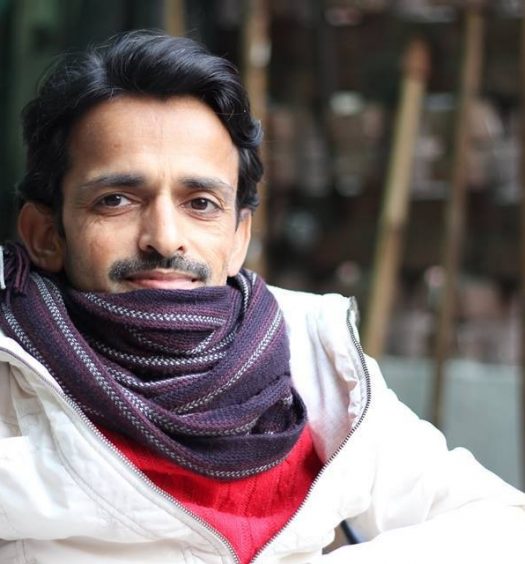Why Veera, Rajjo and Rani should make you smile?
Almost back-to-back releases Highway, Gulaab Gang and Queen perceive, present and promote women in a different and positive light. And there’s more than one reason for it!
The first quarter of 2014 has been good and refreshing when it comes to movies. And I say that as a woman. Among the 20-plus films that have released so far, the ones that got everyone – especially me – talking, discussing, crying and laughing are stories about my peers. The gender that is often relegated to make pretty pictures in movies shine bright, just like a diamond, in Imtiaz Ali’s Highway, Soumik Sen’s Gulaab Gang and Vikas Bahl’s Queen. As Veera, Rajjo and Rani. I have seen all three films to insist so. Each drama had flaws and fared differently at the box-office, but that doesn’t mean one shouldn’t point out the pluses in it. Isn’t it?
First, all three films were entertaining and engaging in its own unique way, and minus a larger-than-life-muscle-ripping-hero. While Rani, in the true sense of paisa vasool entertainment, regaled with her innocence and interactions in the city of love (Paris) and city of freedom and fun (Amsterdam), Veera’s internal journey as she traversed the picturesque landscapes of north India had one spellbound and sensitised. Meanwhile Gulaab Gang was typical and old-fashioned in treatment, but it was engrossing to watch Rajjo roll a chilled glass of water on her burning eyes and fiercely fight her oppressors in the lengthy script.
Second, all three stories are real depictions of lives of the diametrically-opposite Indian women. For an educated and independent city girl, the atrocities faced by the Rajjo and pink sari-clad gang may appear far-fetched. But when we open the newspapers, it’s filled with reports that confirm that even today most women don’t have basic rights of education, equality and freedom in our country. Then comes Rani, like her, a lot of young daughters seek education, are treated fairly by family and friends and have freedom to an extent, but believe that marriage is the sole purpose of their life. But it’s the anguished Veera, who despite having all the luxuries of life suffers the most as she is oppressed by societal diktats of image and expectations. Such women, with different names and shapes, are around us all the time.
Third, Veera, Rajjo and Rani overcome their own struggle and emerge stronger and empowered in the end. Veera leaves behind her affluent lifestyle for a free and satisfying existence. Rajjo is put behind the bars but succeeds in establishing a school for girls (though it’s not easy to pick up sickle and slit the throat as shown in the film), whereas Rani rejects her regressive fiancé and discovers her true self. Maybe films are meant to have happy endings, but it’s always, always encouraging and inspiring to watch a woman conquer.
Fourth, the heroines in the three films delivered powerful performances. Alia Bhatt, who was carrying the baggage of being just a glamorous Radha in her debut film Student of the Year, proved that she isn’t in the movies to only look pretty. On the other hand KanganaRanaut, who went through lots of career-related highs and lows, reinstated that she can easily and truly become the character written on paper. Meanwhile Gulaab Gang’s biggest surprise and the brightest part was the bubbly Juhi Chawla turn into a lip-biting, clove-chewing and manipulative politician. Her rival, Madhuri Dixit-Nene emoted and pranced like always, but it was the Crouching Tiger, Hidden Dragon-style fight stunts that the dancing diva hadn’t ever attempted in the past.
Fifth, and the best reason, Highway, Gulaab Gang and Queen are directed by MEN. Often one hears that women understand her brethren better. But in regards to these films, the men who donned the directors’ hat, beautifully and truthfully translated the essence of the so-called weaker sex on the big screen. In case of Highway and Gulaab Gang, the script was even written by the respective filmmaker. And the most important thing is that the passionate directors pursued producers to pump money into a man-less script that didn’t spell mindless entertainment!
– By Rachana Parekh
Disclaimer: The opinions expressed within this POV/BLOG are the personal opinions of the author. PANDOLIN is not responsible for the accuracy, completeness, suitability, or validity of any information on this blog. All information is provided on an as-is basis. The information, facts or opinions appearing on the POV/BLOG do not reflect the views of PANDOLIN and PANDOLIN does not assume any responsibility or liability for the same.

